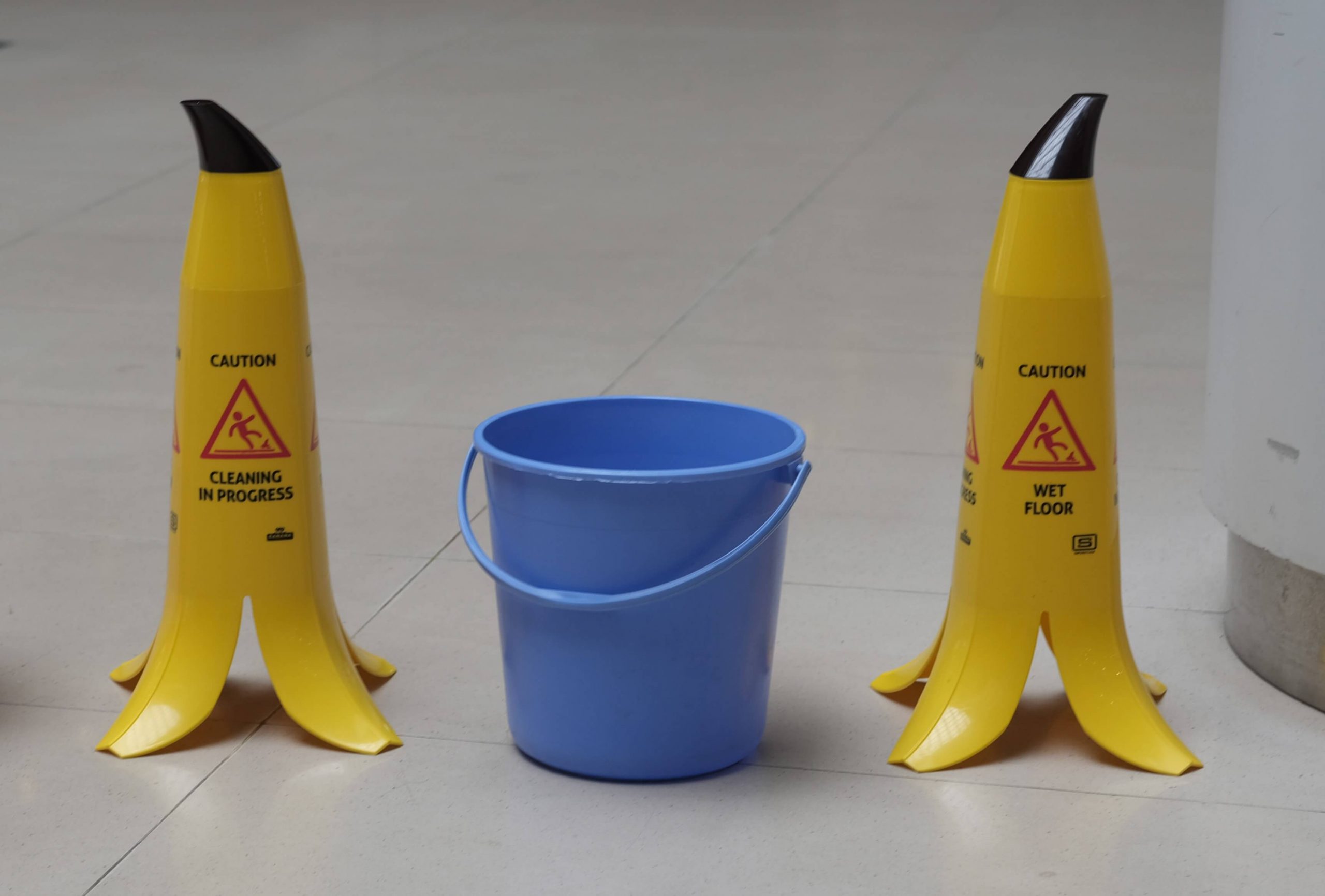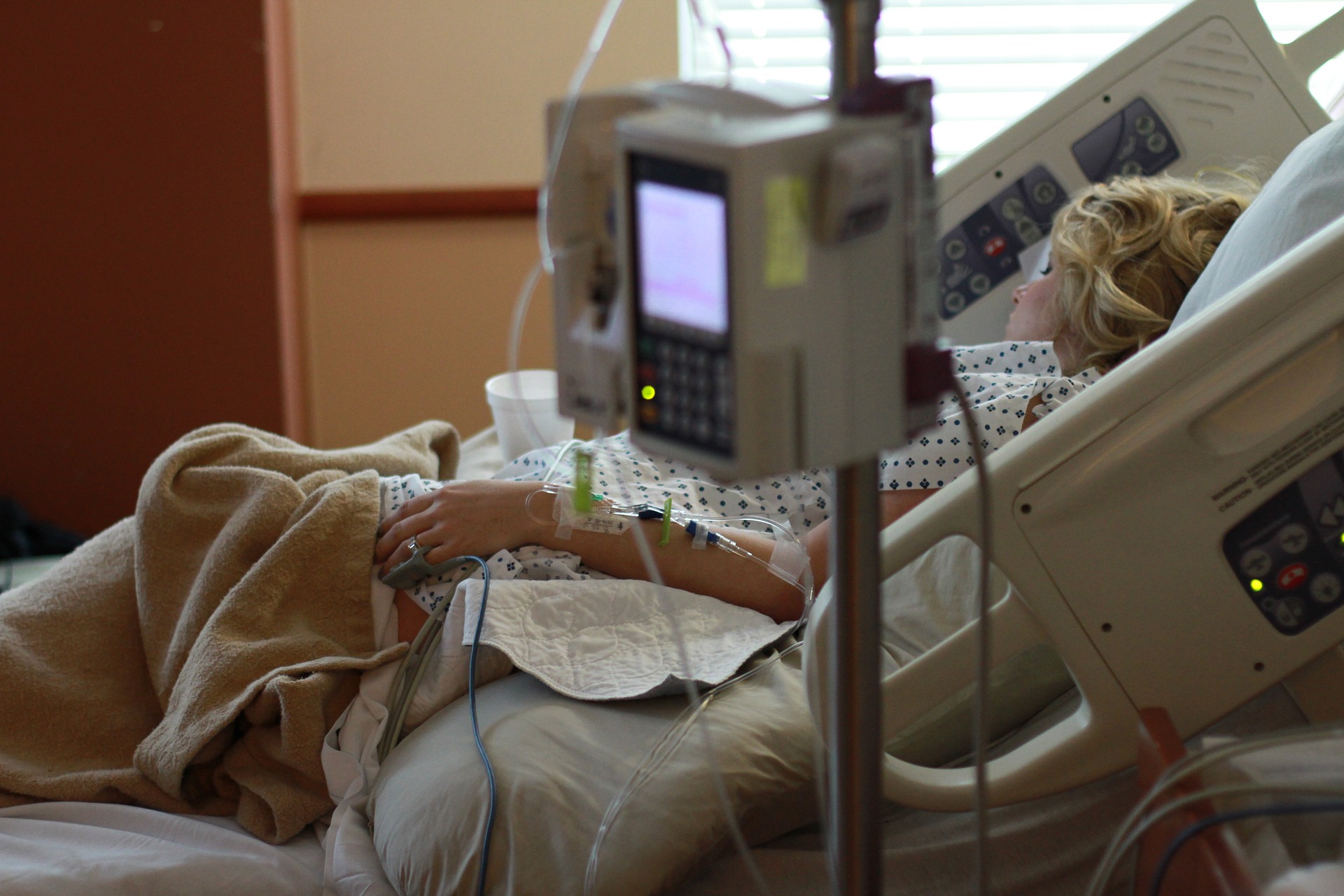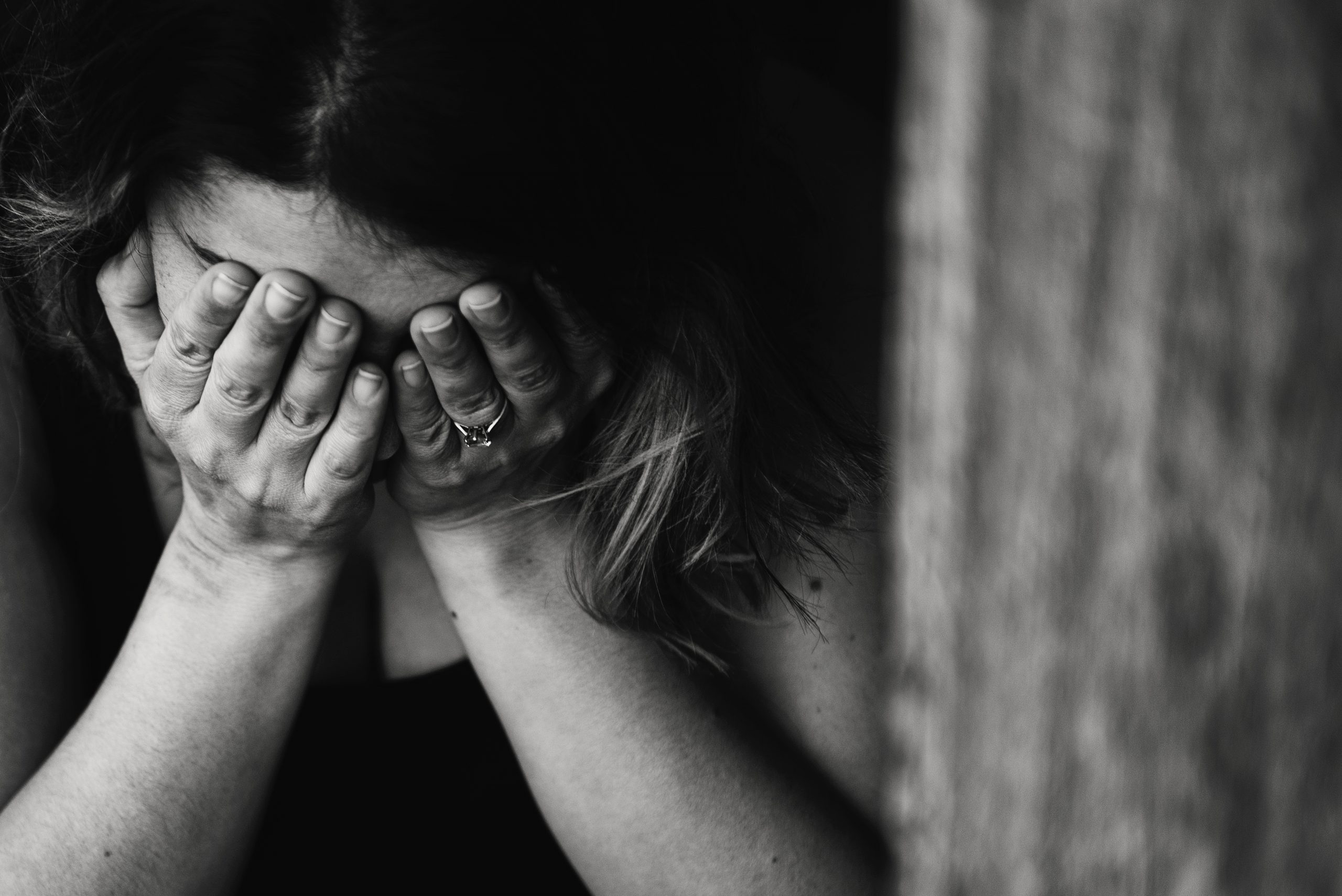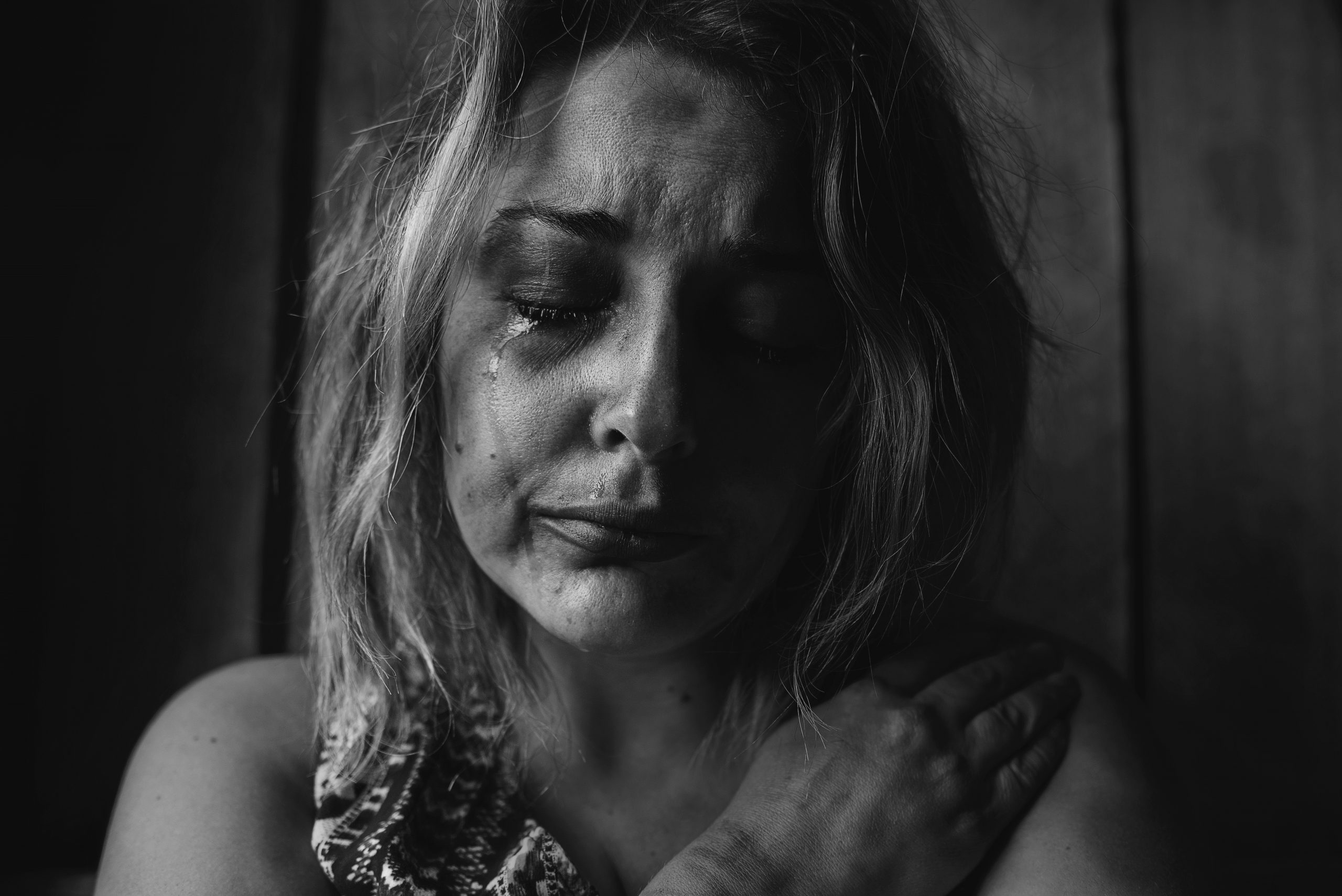A premises liability case refers to a lawsuit brought about when someone is injured while visiting another person’s property. Property owners, both on residential and commercial properties, are legally responsible for the conditions on their property. When someone is injured due to negligence on their part, they can be held accountable for the damages.
It is a good idea to become familiar with premises liability laws to protect yourself and those you love. Learning about premises liability in Florida and working with a premises liability lawyer can help if you or a loved one is injured on someone else’s property.
What is Premises Liability?
Premises liability is a legal concept that refers to the duty of care that a property owner has to keep their premises safe and free of hazardous conditions. Property owners must ensure they conduct routine inspections to identify and fix potentially dangerous conditions when they occur. They must adequately warn those visiting their property of the conditions that may cause harm.
In Florida, the injured party must prove negligence on the property owner’s part to receive damages. In general, this means proving that the defendant had constructive knowledge of the hazardous condition and neglected to fix the problem or adequately warn visitors.
Florida’s premises liability laws also have a negligent security sector. This refers to civil cases brought on by victims of violent crimes such as robbery, battery, rape, or assault. Certain property owners, such as businesses and schools, have a duty to provide adequate security for the safety of their visitors. If you are harmed due to negligent security measures, you may be able to sue the property owner for damages in Florida.
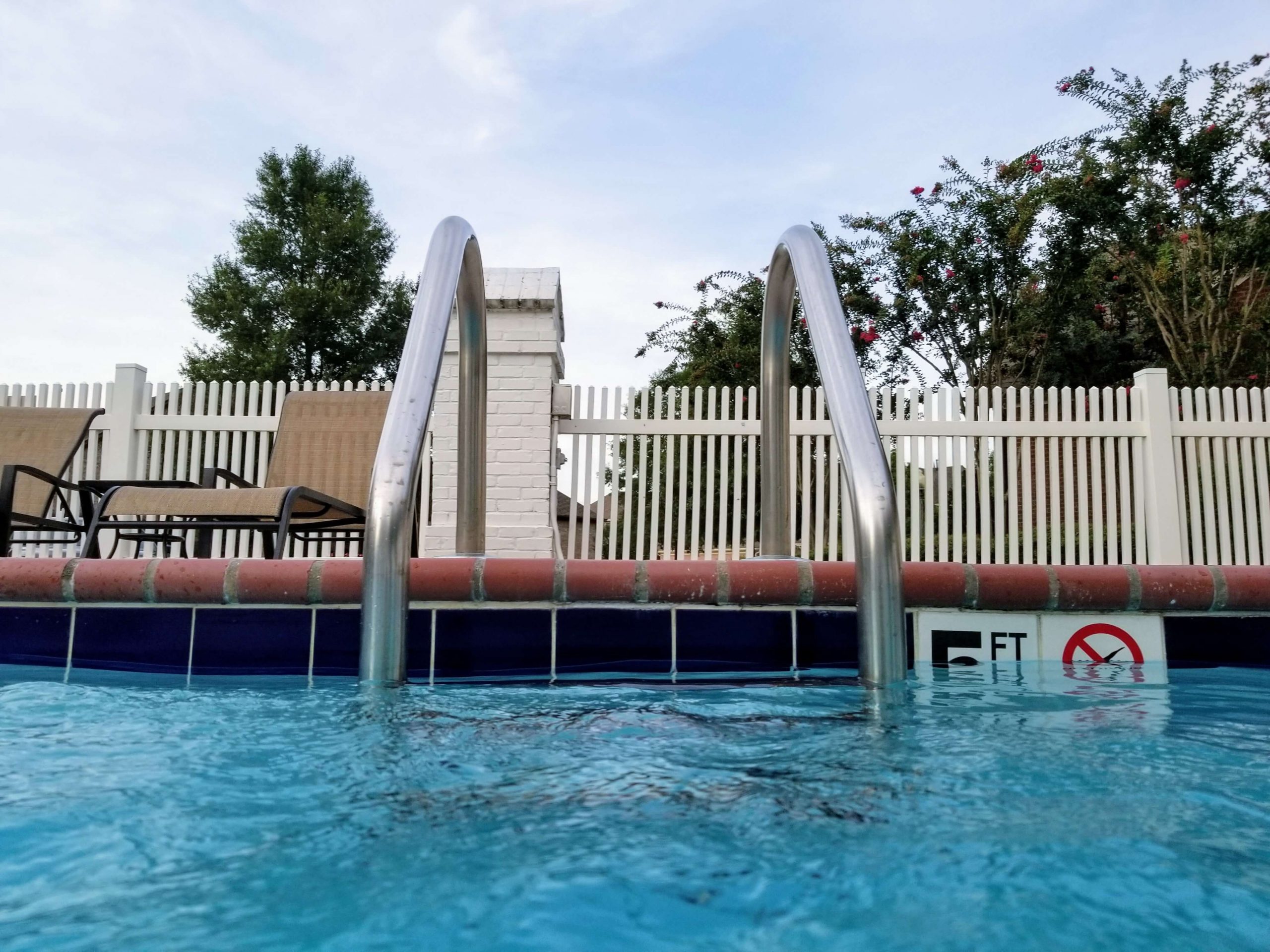
Common Premises Liability Accidents
Although there is an untold number of accidents that necessitate premises liability cases, the most common are slip and fall accidents, dog bites, drownings, and other accidents caused by negligent security or premises safety.
These accidents result in injuries such as:
- Broken bones
- Traumatic brain injuries
- Lacerations, bruises, scrapes, sprains, and tears
- Chronic pain
- Spinal Injuries
- Shoulder Injuries
- Death
These injuries are severe and, in the case of premises liability, were avoidable had the property owner exercised due care.
Status on the Property
In Florida, the status of the visitor on the property affects the damages awarded. There are four “status’ categories to be aware of.
- Invitee
– An invitee is a person who enters the property with the understanding of being welcome and invited. For commercial properties, this refers to customers or clients on the property to conduct business, shop, and partake in the services offered by the business.In Florida, the invitee is given the most protection under premises liability laws, especially when it comes to commercial properties. Property owners must conduct routine inspections to ensure the safety of their premises, address hazardous conditions, and adequately warn invitees. - Licensee
– A licensee is a person who visits and remains on someone’s property with the owner’s consent. Typically, this refers to social visitors, like family and friends, who come onto a property for social gatherings like birthday parties or holidays. Licensees are afforded protection under liability laws, however not to the same standard as invitees. Although social guests should expect owners to keep their property reasonably safe and warn of known dangers, the property owners are not required to perform routine inspections. - Trespasser
– Florida also protects trespassers with premises liability laws. Although a trespasser is on a property without consent, the owner must not intentionally harm the trespasser. This means that even if you were on someone’s property without permission, you may be entitled to compensation if they harmed you with an intentionally dangerous condition.
- Child
– Florida also protects children with what’s known as the “attractive nuisance” doctrine. Property owners can be held liable if they do not take extra measures to safeguard and secure areas that children naturally find interesting, such as swimming pools, construction equipment, hot tubs, and gravel pits. Property owners must take reasonable care to keep children away from these areas.
Proving Negligence
If you are injured due to a property owner’s negligence, it is your responsibility to prove that negligence caused your injuries. To prove negligence in a premises liability case, you must prove that:
- You were injured
- The defendant had a duty of care
- They failed to repair the hazardous condition
- They failed to adequately warn of the danger
- The property owner was aware of the situation
- The property owner had a reasonable amount of time to address the hazard
- This negligence resulted in your injuries
In many instances, this applies to transitory conditions in public or commercial properties. In Florida, you must prove that the business had knowledge of the hazard and failed to fix it. You must also prove that the condition existed for a length of time that suggests the business should have known about it or that the condition occurred regularly and was foreseeable.
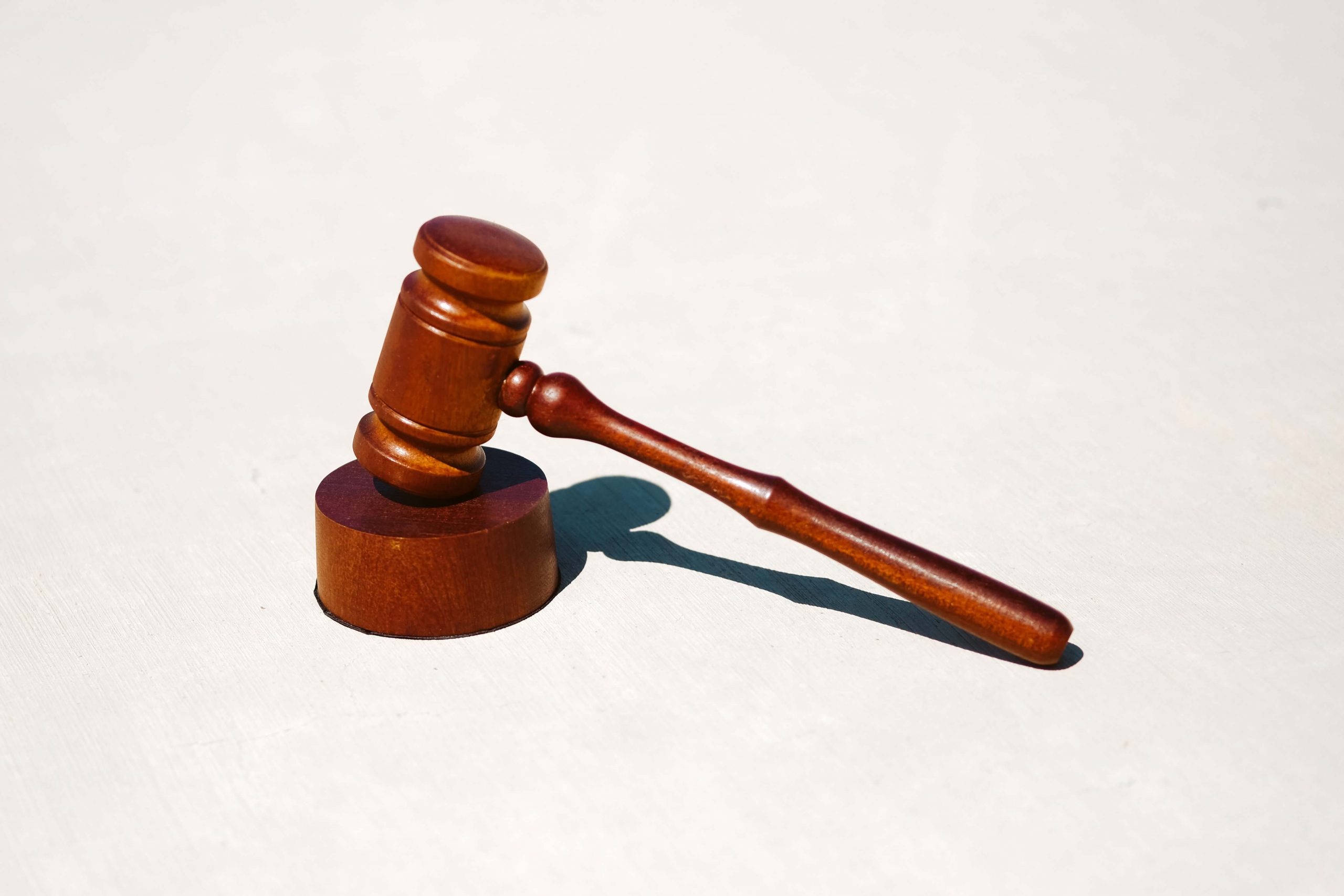
Seeking Legal Counsel
The truth is that premises liability laws are complex, and there are typically short periods during which you can file a lawsuit. If you are injured on someone’s property due to their negligence, seek legal counsel as soon as possible. A knowledgeable premises liability attorney can guide you through the steps necessary to seek a fair settlement for your injuries and hold the defendant responsible for their negligence.
The statute of limitations to sue for damages in a Florida premises liability case is four years. However, if you’re looking to file a wrongful death lawsuit as the decedent’s beneficiary, you have only two years from the date of their death.
It’s important to speak with a lawyer as soon as possible because although this may seem like a significant amount of time, it can run out quickly, especially when you or a loved one is healing from an injury. An experienced premises liability lawyer can guide you through the process and ensure you have the best chance of winning your case.
Contact your Florida Premises Liability Attorney Today Our La
If you believe your personal injury was incurred due to a property owner’s negligence, contact JD Injury Law, to schedule a no-obligation, free consultation today. Jesse has more than a decade of experience in premises liability law and can look over your case to determine who is responsible for your injuries. Rest assured that Jesse will fight for your rights and help you seek maximum compensation for your injuries.

